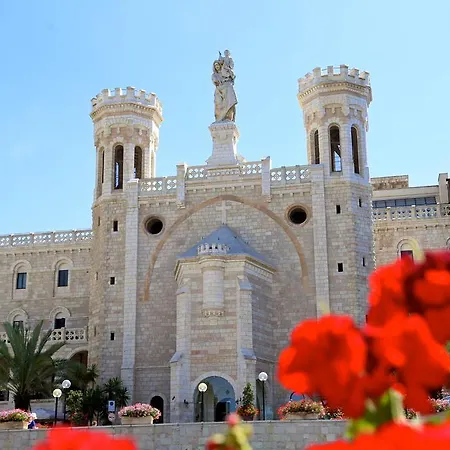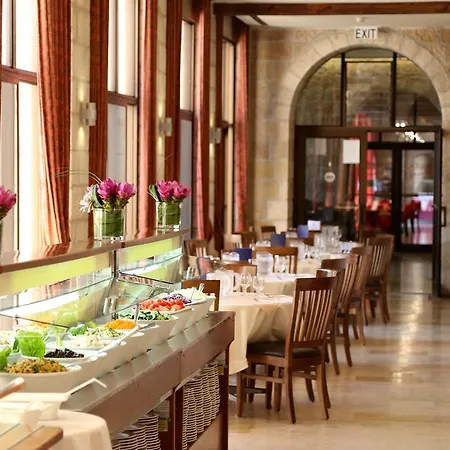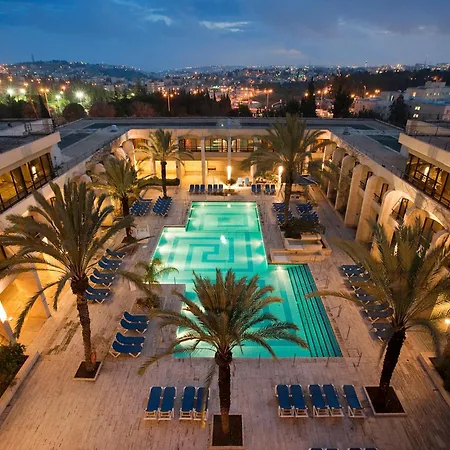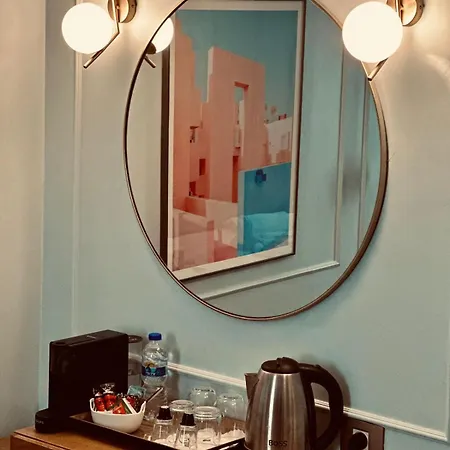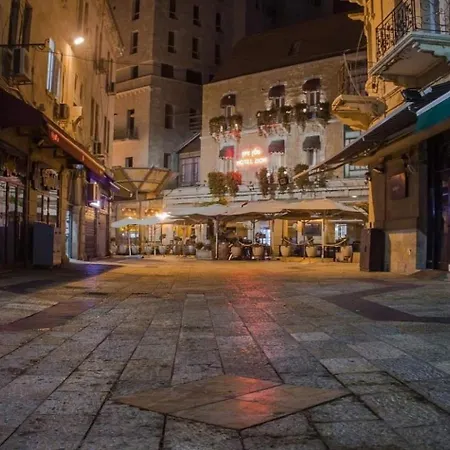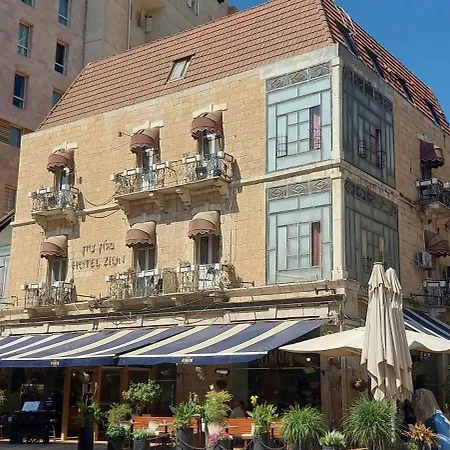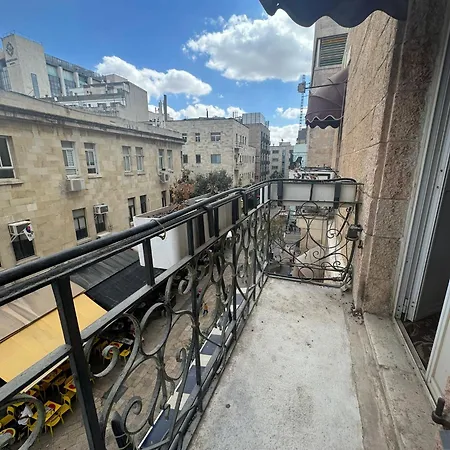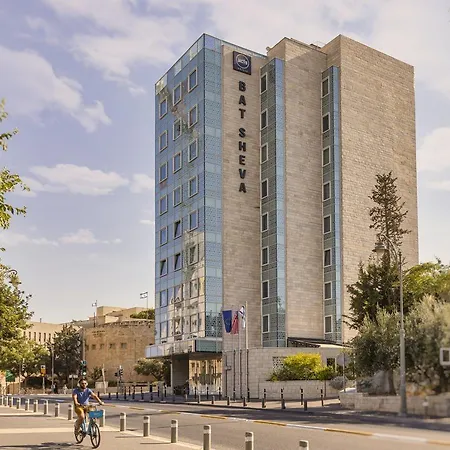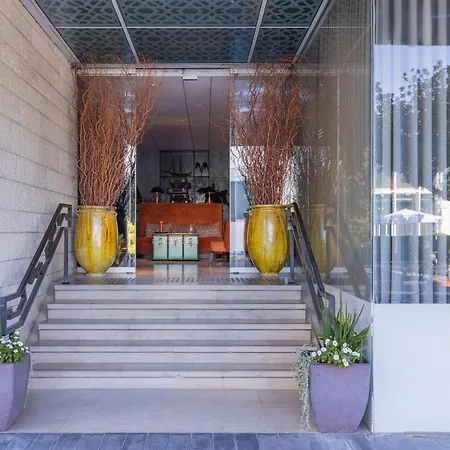Church of All Nations
Check Availability
A Spiritual Beacon: Church of All Nations
Located on the Mount of Olives in Jerusalem, the Church of All Nations stands above the site of Jesus' night of prayer before his arrest. This historical church invites visitors to reflect on its sacred significance.
Originally founded by the Byzantines in 379, the current structure was completed between 1919 and 1924, financed by contributions from twelve nations. Its architecture combines neoclassical and art nouveau styles, exemplifying a unique design. The church features a vaulted ceiling with stars, symbolizing the night of Jesus's prayer, while stained-glass windows create a serene atmosphere.
Unforgettable Highlights
- 💒 Exquisite Stained Glass: The windows filter light to create an ethereal glow within the church.
- ⛰ Historic Bedrock: Visit the area believed to be where Jesus prayed, featuring exposed rock.
- 🌍 International Funding: Ceiling seals honor the twelve countries that supported the church's restoration.
Accessibility is free for visitors, making it a popular destination for tourists, families, and historians alike.
Interesting Facts about Natural History Museum Church of All Nations
Historical Foundations
The church stands on the ruins of previous churches, including Byzantine and Crusader structures.
Significant Site
It is believed to be where Jesus prayed before his betrayal, a site noted in the Gospels.
International Collaboration
Construction was funded by contributions from over a dozen countries, highlighting its global significance.
Location
Stay Near Church of All Nations Best Hotels
Address
View mapGarden of Gethsemane Foot of the Mount of Olives
Opening Hours
Friday:
8:00 AM–6:00 PM
Monday:
8:00 AM–6:00 PM
Saturday:
8:00 AM–6:00 PM
Sunday:
8:00 AM–6:00 PM
Thursday:
8:00 AM–6:00 PM
Tuesday:
8:00 AM–6:00 PM
Wednesday:
8:00 AM–6:00 PM
Contact Information
Price
Free. Special events may have separate fees.
Average Visit Duration
Duration: More than 1 hour.
Best Time to Visit
Weekday mornings (8:00 AM–10:00 AM) are optimal for fewer crowds.
